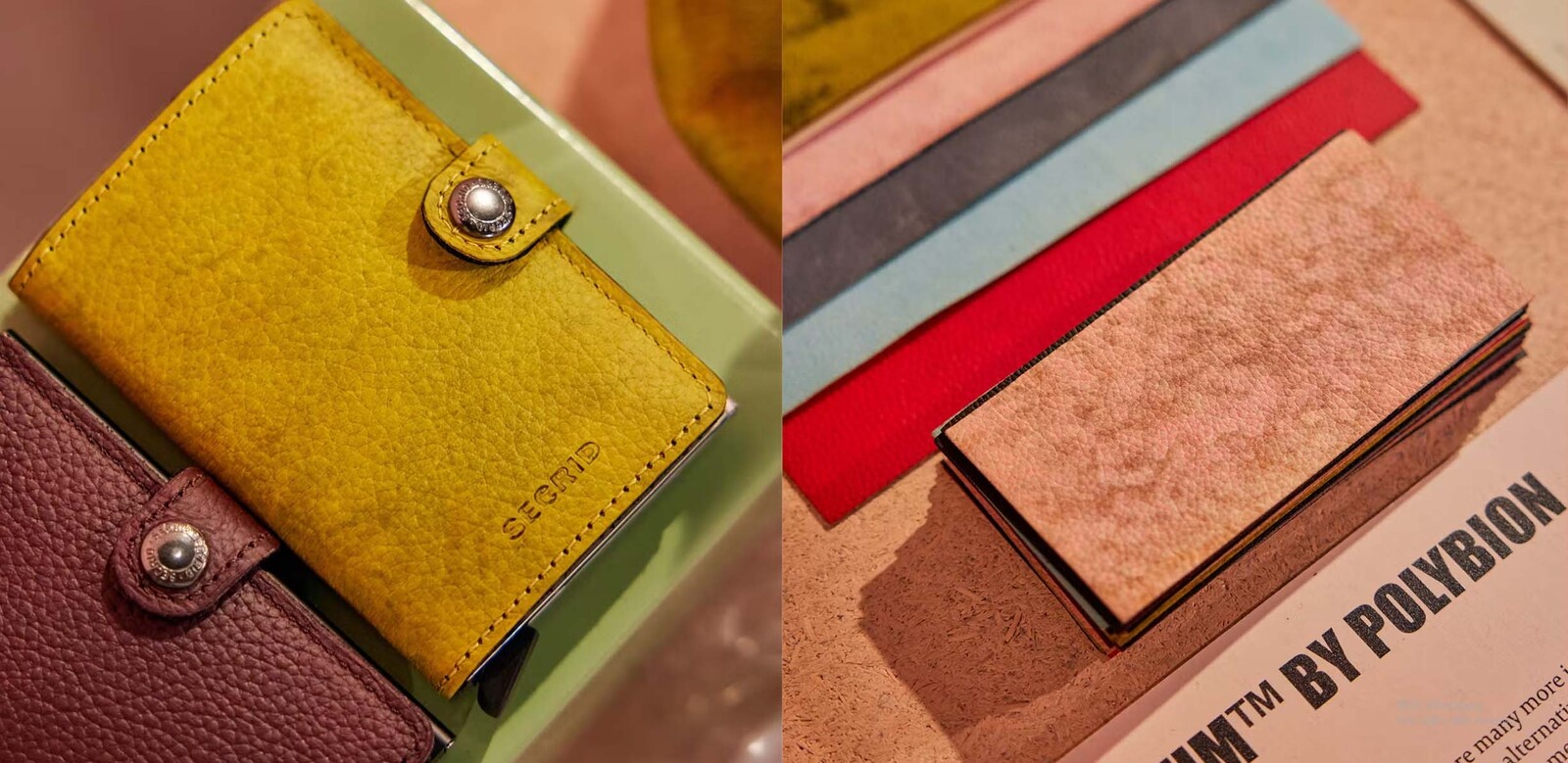Initially inspired by the potential of mycelium as an alternative material, Mexican brothers AlexisGómez-Ortigoza and Axel Gómez-Ortigoza Aguirre decided to start their own business.
The brothers founded Polybion (from the Greek and Latin words meaning an entity capable of developing multiple technologies) in 2015. A year later, they launched Mushroom Lab - the first vertically integrated mycelial material pilot plant in Latin America.

After several awards and grants, the Ortigoza brothers turned to - while working in the lab - a non-material substance from a bacterial fermentation process that could be transformed into a high-performance leather substitute. And developed the now patented bacterial cellulose-based leather substitute , Celium™.
The product is suitable for fashion, footwear, sportswear and automotive applications, and customizable biotextiles became the company's starting point in 2018. The team obtained overripe and damaged fruit from a local fruit processing and packing company and converted them into liquid in a 3,000-liter tank. The liquid was then poured into vertically stacked trays and stored in an incubator. Bacteria inoculated into each tray eat and convert the fruit waste solution - producing 100% pure cellulose as a by-product, which is then processed into Celium™. The resulting material is a hydrogel made from 90% water, which can then be “tanned” into leather-like textiles. The entire process emits 1,227 kilograms of carbon dioxide per square meter (mostly due to electricity and chemicals), not including emissions saved by diverting food from landfills or compost piles. The company estimates that once scaled up, the process will save more than 50 percent of CO2 emissions. In 2022, Polybion closed a $4.4 million Series A round of financing - to expand production of Celium. While they've already built FOAK (their first biomanufacturing facility for the industrial production of bacterial cellulose), Polybion's team is planning what they call a 10x larger facility, which the company can license to other companies and brands looking to convert organic waste or other cellulosic products into leather.
This year, Polybion partnered with fashion giant Ganni to launch sports jackets and bags based on Celium™; in October, the partners launched BouBags based on Celium™. the team says that, depending on the application, a polyurethane (PU) coating is needed to maintain water resistance and durability - the -which makes up about 1% of the material's total composition. The team is working on bio-based leather without plastic coatings. Cellulose is one of the most abundant substances in the world, and the company says Polybion is already experimenting with other feedstocks to continue “converting waste to high-purity cellulose, which can be used in many different products and other applications,” and to bring more biobased concepts to market.

